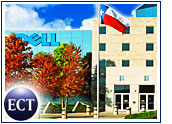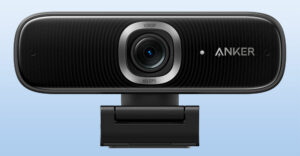
Dell announced today its next generation of blade server, two years after it first ventured into the market with an offering that did not take off.
The PowerEdge 1855 blades, based on dual Xeon processors, will fit into a new 7U chassis built by Dell to hold up to 10 dual-processor servers. Dell has taken its traditional approach with the blades, entering the market with an adequate product at a lower price than competitors.
“Dell is continuing to take a low-R&D cost approach to blades,” Gordon Haff, senior analyst at Illuminata, told TechNewsWorld. “That means it probably won’t have the highest tech products out there. And its investments in software are quite modest compared to others.”
Small Market
Blades are thin servers designed to slide easily into and out of a rack, making for more computing power in a smaller package. The blade market has been dominated by Hewlett-Packard and IBM, but it represents a small portion of their sales.
“Blades have been promised to solve all of the problems relating to space, power and automated provisioning. This is a tall order to live up to,” John Enck, research vice president at Gartner, told TechNewsWorld.
“In reality, blades have proven to be very effective technology for a limited set of applications — primarily high-performance computing (HPC), web farms and terminal server farms. Having said that, blade usage is clearly rising and new applications will clearly be enabled for blade technology.”
Aggressive Pricing
Dell said a single PowerEdge 1855, available now, starts at US$1,699. A chassis containing five blades sells for $11,494 and a full rack costs $19,989.
“The biggest danger to HP and IBM is a price war,” Enck said. “Blades are still premium-priced products from IBM and HP. If Dell comes into the market with an aggressive, low price, it will force IBM and HP to make price adjustments as well. From Gartner’s perspective, this is long overdue — one of the barriers for broader blade adoption has been the cost of blades.”
Both Haff and Enck said that the Dell offering is technologically competitive, but Enck said that support for Brocade fiber channel switching and Cisco network switching won’t be available until 2005, delaying broad deployment of Dell’s blades.
The company’s original blade offering was based on a Pentium 4 processor and was outclassed by Xeon offerings from HP and IBM.





















































